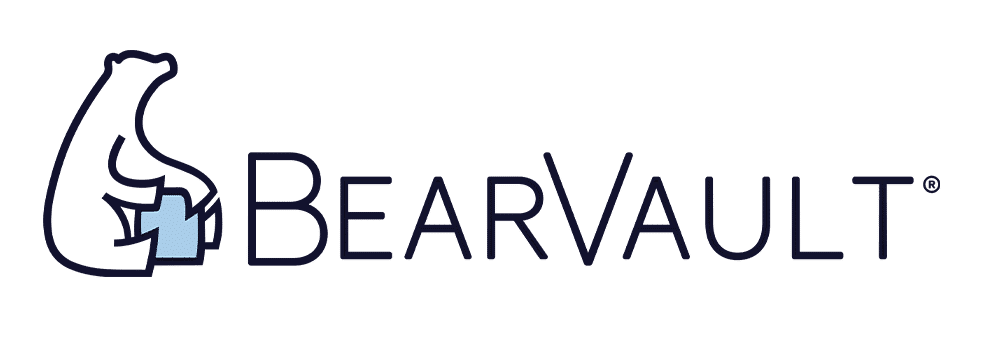OUR STORY
Born from searching for a better way to protect bears.
Who We Are
BearVault is a small family business based in Colorado that manufactures bear resistant food canisters.
BearVault is a small family business based in Colorado that manufactures bear resistant food canisters.
We proudly make our products entirely in the USA, and we always have.
and we always have.
We are a values-driven company that cares deeply about keeping wildlife wild, and wild spaces natural.
We are a values-driven company that cares deeply about keeping wildlife wild, and wild spaces natural.
We focus on constantly improving our own sustainable practices.
our own sustainable practices.
who share our values.
We partner with and support a variety of organizations who share our values.
We are proud of our connection with the outdoor community, and the role we play in keeping your food safe and keeping your adventure going!
We are proud of our connection with the outdoor community, and the role we play in keeping your food safe and keeping your adventure going!
Our History
When BearVault launched, existing bear canisters were small, heavy, and difficult to use. Our founders wanted to create a more user-friendly canister. Multiple rounds of designing, prototyping, and testing resulted in a radically different bear canister. The BV100, the first in the BearVault line, was transparent, lightweight, spacious, easy to open, and had a big wide opening.
Our innovative approach to re-thinking the bear canister earned us an Editors’ Choice award from Backpacker magazine in 2004. BearVault became an instant favorite among backpackers and backcountry explorers. Product approval from both the Sierra Interagency Black Bear Group (SIBBG) and the Interagency Grizzly Bear Committee (IGBC) further validated its durability.
As more parks began adopting food storage regulations, our user-friendly canisters played a key role in enabling widespread canister usage to protect bears and other wildlife. Parks reported drastic reduction in human-bear conflict when canister regulations were implemented, and portable food storage policies are now the new normal. Proper food storage is now considered a primary conservation initiative when it comes to keeping animals wild.
Early Product Development
BearVault began as an idea formed on the trail in 2002. While on a backpacking trip in the Sierras, frustrated with the limited bear canisters available back then, our founders got thinking and talking. We began working on a radically different design, rethinking everything from materials to proportions to the opening and locking mechanisms. Ideas and drawings led to the first prototype of a new concept for a bear canister – one that was lightweight, transparent, and easy for humans to open and access.
We took our prototype to a station in Sequoia National Park, site of the first official bear testing program, the Sierra Interagency Black Bear Group (SIBBG) certification program. The program was charged at setting standards for products that are resistant to black bears. Tests included a series of strength and durability tests, including mechanical drop and crush tests, and then letting a massive captive black bear at the Folsom Zoo give it a try. To pass the test, it would need to withstand the bear for at least an hour.
Our first prototype only lasted 8 minutes in the paws of Fisher, a 560 pound bear who had been relocated to the zoo after raiding too many Tahoe area campsites for food. We came back with design changes in our next prototype, and tested it with Fisher again. After 24 hours, he gave up. Wanting to see how much punishment the canister could endure, it was then immediately put into a cage with Sequoia, another large black bear. After an additional 24 hours the canister was removed, still intact. The BearVault lasted through 48 hours of abuse by two very large black bears, vastly exceeding the 1 hour requirement for certification!
To Market
We launched our first version, the BV100, at REI just in time for Christmas in 2003. However, after feedback from the first field users, we realized we had to adjust the lid. We worked quickly to modify the lid design and swap out all field units, and released the BV200, the first true market version, in time for the summer of 2004.
As more people carried BearVaults on the trail, we were able to incorporate more feedback into our product innovations. In 2005 we introduced a smaller model, the BV250, along with its larger counterpart, the BV300, both with beefier lids and threads. The Interagency Grizzly Bear Committee (IGBC) had begun to do grizzly bear testing, and our new canisters were now certified by both the IGBC and the SIBBG. Over the years, our product has evolved further. The current models of the BearVault have stood the test of time and are the industry standard for bear canisters.
Just like us, bears are smart, creative, learning creatures, which means our work is never considered done. We continue to work on the next generation of bear canisters to stay one step ahead of the bears, to protect your food, and to preserve the wild nature of bears. Our guiding principles for all our products are:
Conservation: Keeping bears, wildlife, and their habitats wild and healthy
Safety: Ensuring that wild places are safe for all who inhabit and visit them
Utility: Wildlife resistant containers designed for human ease of use
Our Place in this World
BearVault began as a product and then a small business, but from its inception our company has always been rooted in an unwavering conviction that protecting wild animals and places is important. Wilderness matters, and this core value is behind everything we do, who we hire, and how we focus our priorities. As we have grown we have clarified and focused our efforts to actively improve our role in this world.
Our sustainability program has led us into a deep analysis of our own carbon footprint right down to the third tier. We are proud to be a carbon negative business – we reduce and offset more of our carbon footprint than we produce. We also closely monitor materials and waste, and we divert 96% of our waste stream into re-use, composting, or viable recycling programs.
Our partnership program allows us to work closely with organizations and sometimes individuals doing good things for the world. Through 1% for the Planet and beyond, we actively support and work with partners on:
Trail Organizations – We feel that access to established trails is vitally important to maintain a connection between people and the value and experience of wilderness. That connection nurtures appreciation and support for conservation, not to mention the many physical and mental health benefits of spending time in nature.
Leave No Trace – Through their well-defined, science-based program, Leave No Trace leads the way in responsible adventuring in the outdoors. We support and work with Leave No Trace in education related to food storage, waste, respecting wildlife, and other principles.
Bear Conservation – We support preserving habitats and wildlife corridors for bears, as well as bear education programs to reduce human bear conflict in the wilderness.
Youth and Underserved Populations – Providing access to the outdoors is vitally important for human health, and also to support engagement with, appreciation of, and preservation of nature. This primary need applies all people, so we support enabling opportunities for those with the least access to the outdoors. We engage with a handful of organizations who get youth and underserved populations outside, including summer programs, scouts, programs for inner city kids, disabled veteran programs, etc.
Special Projects – We sometimes take on unique projects, such as working with specific areas to improve food storage, working with rental programs to improve access to canisters, sponsoring films with diversity and conservation themes.

